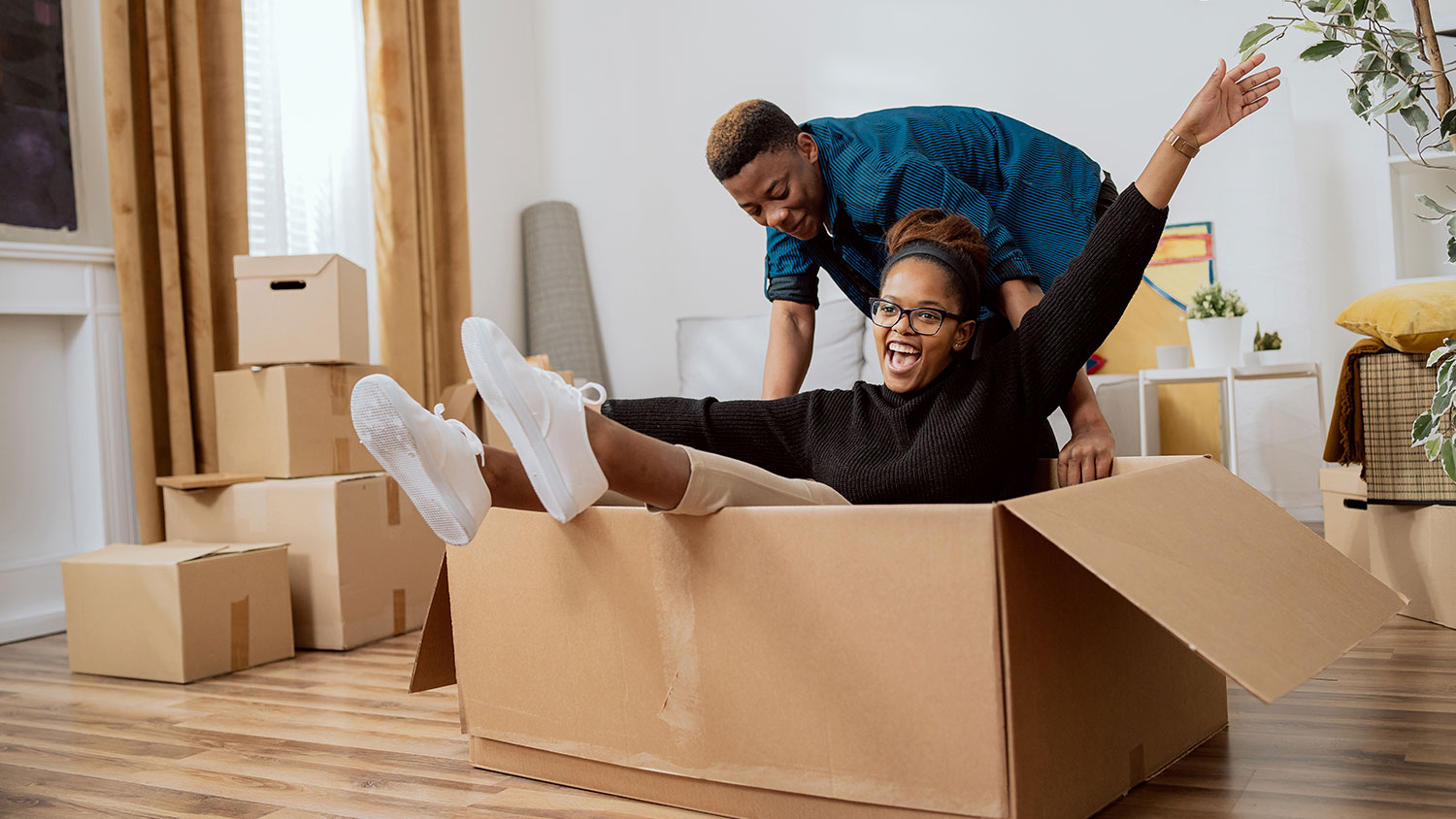WHAT ARE THE BENEFITS FOR FIRST-TIME HOMEBUYERS?

Have you ever wondered if there are any benefits to being a first-time home buyer or if the South African government helps first-time homebuyers in any way? There are a few perks to buying a house in South Africa for the very first time. To start, there is a government subsidy that makes homeownership a reality for those entering the market for the very first time, namely the Finance Linked Individual Subsidy Program (FLISP).
What is FLISP & how does it work?
Buying your first home can be an intimidating process, but policies such as FLISP make the dream of homeownership a reality for some first-time homebuyers. This is a government subsidy that was specially created to help medium to low-income earners who want to buy a home in South Africa. FLISP originally only provided for those who earned between R3,501 to R15,000 a month, but since July 2018, that number has been raised to R22,000 – a welcome relief in this tumultuous economic era. But, what do we mean by a “subsidy”? It’s quite simple: if you meet the criteria, the government provides you with money to help buy a home. This subsidy does not need to be paid back and there is no catch. Once you’ve been approved for a home loan, you can apply for a FLISP subsidy at your local Department of Human Settlement office, or by contacting the National Housing Finance Corporation.
How to qualify for FLISP?
The homebuyer must first qualify for a home loan and must be either married, cohabiting or single with at least one dependent. It’s also important to note that there are several additional qualifying criteria for a FLISP first-time homebuyer benefit:
- A household income that falls between R3,501 and R22,000 per month.
- South African citizen over the age of 18.
- If you’ve benefited from a previous government housing program or subsidy, this disqualifies you from applying for FLISP.
How much is the subsidy?
Though you may have considered homeownership an unaffordable dream until now, hopefully, this kind of support for first-time homebuyers will encourage you to finally take a step towards homeownership. You may be wondering about the size of the subsidy you could qualify for and this will depend on your income — the lower it is, the higher the subsidy will be. For example:
- R121,626 subsidy for a household income of R3,501 to R3,700.
- R102,893 subsidy for a household income of R7,101 to R7,300.
- R27,960 subsidy for a household income of R21,801 to R22,000.
- Use the FLISP Subsidy Calculator to calculate your subsidy amount.
100% Home Loans are an option for first-time buyers
It can be tricky to afford a deposit when you do not already own a home to sell as a down payment towards the new home. First-time homebuyers might want to consider applying for a 100% home loan, which removes the need for a deposit. While there are many benefits to putting down a deposit on your home, in today’s tough economic climate, it may be more realistic to take out a 100% bond if you’re a first-time buyer who will take years to save up towards a deposit. Banks are willing to approve 100% bonds — and even 110% loans that cover the associated bond and transfer costs of the purchase too— if they can see that you have a clean credit history and can comfortably afford the monthly repayment installments.
First-time buyers have less complicated transactions
Another perk of being a first-time buyer is that your offer might have a better chance of being accepted over a repeat buyer who has made an offer on condition of the sale of their current home. The fewer suspensive conditions in place on an offer, the more appealing it will be to sellers. If you already have pre-approval on home finance, this will make your offer stand out even further.
Final tips for first-time homebuyers
Buying a property is a big decision and a big investment. The entire process can seem overwhelming for a first-time buyer – but it doesn’t have to be if you stick to a few basic home buying tips and lean on the advice of experts in the industry. For example, get pre-approved, save up for a deposit, explore all the extra costs, and ensure that your credit record is in good shape. It also really helps to speak to one of our RE/MAX property professionals about buying your first home. They can guide you through the process and provide some sound advice that will help you achieve your home owning dreams.
Send to a Friend